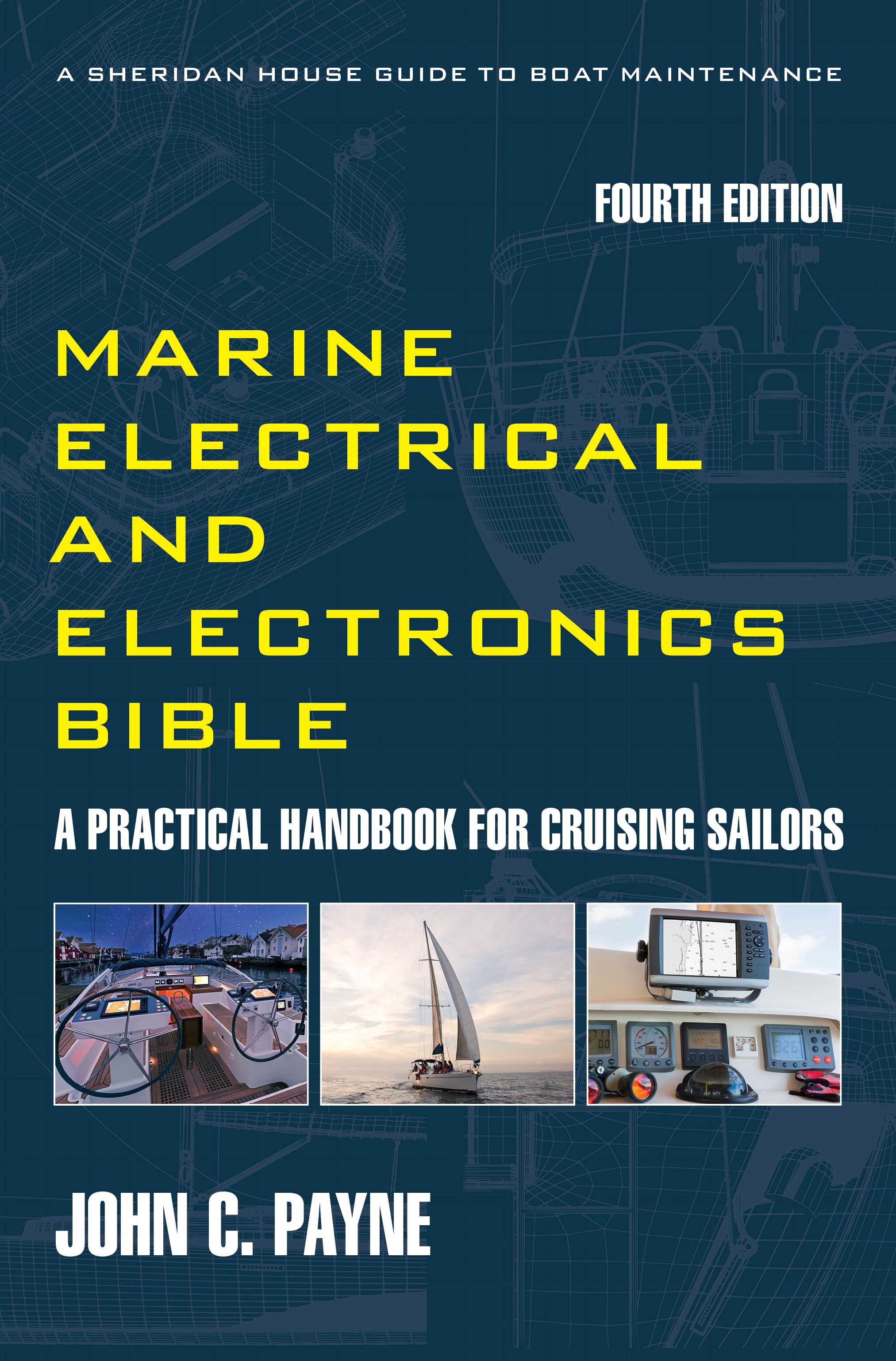48v Boat Battery Electrical Systems
The 48v boat battery voltage revolution is now upon us and that is the 48v boat battery revolution. Many automotive vehicles will soon have 48v boat electrical systems. Electric vehicles are rapidly coming into mainstream service and the resultant technology advances have a halo or spillover effect on marine boating applications. They will provide the electrical power to the stop and start motors, also the hybrid motors, along with electric turbochargers and air conditioning systems. They will also power up either mechanical or hydraulic power for everything from power steering, power braking, the water pump, radiator cooling fans and of course air conditioning. The revolution is being lead and underpinned by the rapid advances in battery technology, in particular Lithium-ion batteries. These new automotive systems will be initially hybrid in that 12 volts will still be used to power lighting, electronics and so on. Unlike previous voltages there are boat friendly equipment available right from the outset. Some are asking are we following the same route as the now defunct and foundered 42 volt system change that never quite eventuated. There is a practical limit as to why they stay under 60 volts, after that voltage level, factors such as the wiring insulation value changes and so it gets more expensive and also electric shock levels increase. You can get zapped on 24 volts so above 60 volts can tingle. For more answers and advice check out the Marine Electrical and Electronics Bible.
Marine Electrical Electronics Bible48v Boat Battery Electrical Systems
Why a 48v boat battery system? Well this is rather old hat really for many industries such as telecommunications have been using 48v boat battery systems for a long time. Data centers for computing have been using it as well and even battery powered hand tools are using 48 volts and more that include Dewalt and Milwaukee to name a few. The trend is for electric vehicles to start standardizing on 48 volts. It should be noted that even on shore based solar power installations they are using 48 volts as primary power voltage. They have inverters and charge regulators and so on that offer a more efficient system. Bosch claim that by 2025 about 20% of all new vehicles will have a 48 Volt battery installed.
Some ask the question “Why Stop at 48 volts?” The classification known as Safety or Separated Extra Low Voltage (SELV) comes into play. The IEC has defined this system as an electrical system win which the voltage cannot exceed ELV under normal conditions, and also under single fault conditions. SELV also means that the voltage is at a level that if a person were to touch the live circuit either in normal operation or during a single fault condition you would not get an electric shock. Electrically separated means that the extra low voltage circuit is electrically segregated from circuits carrying higher voltages. So that means that voltages that are under 60 VDC are classified as Safety (Separated) - Extra Low Voltage (SELV). There is an IEC international standard on this and that’s why 48 volts falls under this threshold for practical purposes.
48v Boat Battery Boat Electrical Systems
It has been stated that one of the disadvantages of 48v boat battery systems are that you do not have a standard charging system and alternators are not available so some more innovative charging arrangement is required. News Flash! that isn’t true anymore as Balmar in an innovative first have a 48 volt alternator and I have to say that is a for boats. Most manufacturers are now embarked on 48 volt trajectories, from wind generator manufacturers to navigation equipment.
48v Boat Battery Electrical Systems
Unlike previous voltage developments there are a number of 48 volt thruster systems now on the market such as the Vetus Bow Pro units. Maxwell have come to the game with 48 volt windlasses. Maxwell P&S range (RC8 through RC12). A big driver is the emergence of many boat manufacturers with 48V boat battery based electric propulsion systems. In the auto world major companies that include Valeo, Bosch and Delphi are developing 48 volt systems. The space is advancing so quickly it is hard to keep up with however it is worth monitoring as various yacht manufacturers are now offering emission free and fully electric propulsion models.
48V Boat Battery Electrical Systems
The big advantages of 48v boat battery systems are in the case of thrusters or even hydraulic power pack motors are the significant reductions in cable sizes. Heavy cables equals more weight and weight impacts almost everything. With much lighter Lithium-ion batteries and also with electric propulsion systems components being much lighter than equivalent diesel fuel and heavy diesel engine weights this has a big impact on yacht design.
The other major advantage is the reduction in size and weight of the electrical motors, and also consequential reductions in voltage drop issues, which really impact in high load applications. This is also coupled with advances with electric motors now all brushless and using permanent magnet technology. The 48v Boat battery system is here to be part of the boat electrics picture.
